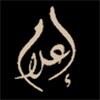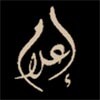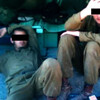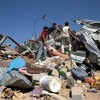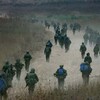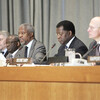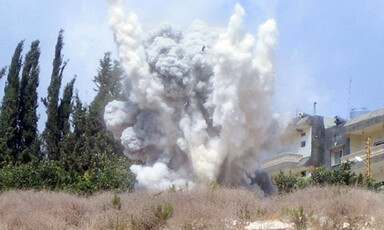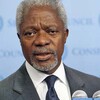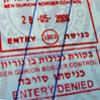
Call for an immediate end to Israel's discriminatory visa-freeze policy
8 September 2006
More than 70 journalists, activists, and members of the diplomatic corps met on September 6 at the Ambassador Hotel in Jerusalem for a press conference regarding the Campaign for the Right of Entry/Re-Entry to the occupied Palestinian territory. The event was organized in conjunction with the Israeli-Palestine Center for Research and Information (IPCRI). The purpose of the press conference was to engage Israeli officials on the issue in the presence of foreign representatives. No Israeli government representatives, however, were present. A US consulate spokesperson emphasized that the consulate was aware of the visa freeze policy and that the issue was being raised at the highest levels. Read more about Call for an immediate end to Israel's discriminatory visa-freeze policy
